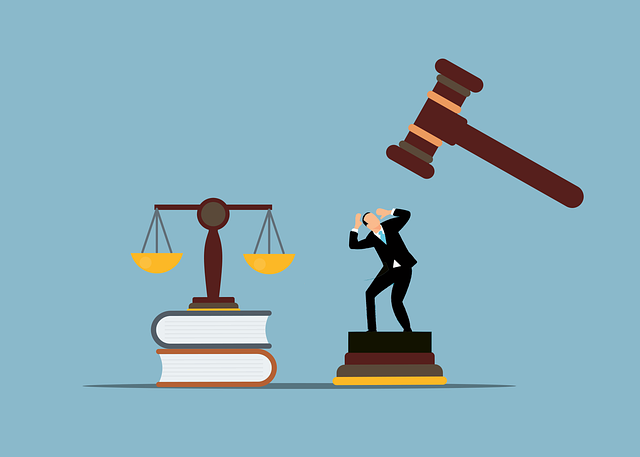Regulatory fraud laws protect consumers and investors from deceptive practices, including misrepresented info and false promises. Understanding these laws is crucial for both corporate and individual clients. Skilled legal representation, aware of rights like the Miranda Rights in criminal proceedings, is vital to navigate complex cases and achieve favorable verdicts, as regulatory fraud charges can lead to severe consequences. In fraud investigations involving complex records, adhering to Miranda Rights protects defendants from self-incrimination, influencing case outcomes. Legal teams meticulously collect evidence while respecting individual rights to ensure fairness and secure positive defenses.
In the intricate web of legal protocols, regulatory fraud laws stand as vigilant guardians against deceptive practices. This article unravels the layers of these critical laws, focusing on key aspects such as understanding their scope, leveraging Miranda Rights in criminal proceedings, and exploring evidence-based procedures for enforcement. By delving into these sectors, we illuminate the intricate dance between legislation and justice in combating fraud, ensuring transparency and accountability.
- Understanding Regulatory Fraud Laws
- Miranda Rights: Protection in Fraud Cases
- Enforcing Fraud Law: Evidence and Procedures
Understanding Regulatory Fraud Laws

Regulatory fraud laws are designed to protect consumers and investors from deceptive practices by businesses and individuals. These laws cover a wide range of activities, including misrepresenting financial information, hiding material facts, and making false promises to gain an unfair advantage. Understanding these regulations is crucial for both corporate and individual clients navigating their respective business environments.
Knowing your rights, such as the Miranda Rights in criminal proceedings, can be essential when facing regulatory fraud allegations. Skilled legal representatives can help clients navigate complex cases, offering strategic advice to achieve winning challenging defense verdicts. This is particularly important given the severe consequences that can arise from regulatory fraud charges, which often include hefty fines and potential jail time.
Miranda Rights: Protection in Fraud Cases

The Miranda Rights, a cornerstone of criminal procedure in the United States, play a significant role even in cases involving regulatory fraud. While traditionally associated with police interrogations, these rights ensure that individuals are protected against self-incrimination during legal proceedings. In the context of fraud investigations, law enforcement and prosecutors must inform suspects of their Miranda rights to ensure any statements made are admissible in court. This protection is vital for both corporate and individual clients, safeguarding their ability to defend themselves without compromising potential evidence.
Across the country, attorneys and investigators alike navigate these complex legal frameworks to safeguard their clients’ interests. Understanding and adhering to the Miranda Rights in criminal proceedings is crucial, especially as regulatory fraud cases often involve intricate financial transactions and detailed documentation. For his clients, ensuring that rights are read and waived properly can significantly impact the outcome of a case, making it an essential aspect of legal representation in this domain.
Enforcing Fraud Law: Evidence and Procedures

Enforcing fraud laws requires a meticulous approach to evidence collection and procedural adherence. When investigating white-collar and economic crimes, law enforcement agencies must navigate complex legal landscapes to ensure the integrity of their case. One fundamental aspect is understanding the rights of individuals accused, such as the Miranda Rights in criminal proceedings, which safeguard against self-incrimination. This ensures that any statements made during an investigation are admissible in court.
A winning challenging defense verdict often hinges on the robust application of these procedures. With an unprecedented track record of success, legal teams can effectively challenge evidence, including digital forensics and financial records, while upholding the rights of the accused. This balanced approach is crucial in prosecuting fraud, ensuring that justice is served without compromising fairness or due process.
Regulatory fraud laws are essential tools for upholding integrity within various industries. By understanding these laws, such as the crucial role of Miranda Rights in criminal proceedings, and implementing effective evidence collection and procedures, we can ensure justice is served and fraudulent activities are deterred. These measures foster a more robust legal framework, protecting both consumers and businesses from deceptive practices.






